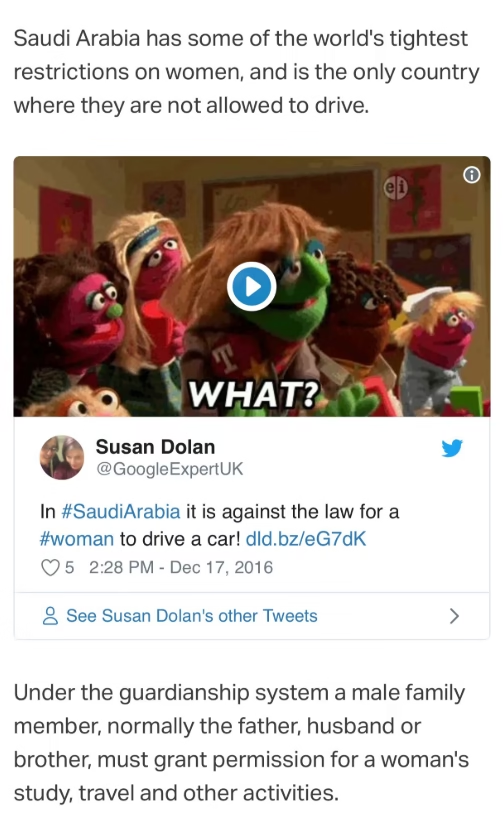The Modern Day Eagle House serves as a potent metaphor. This metaphor highlights the continuous, worldwide struggle for fundamental female rights. Over a century ago, activists fought tirelessly for women's suffrage—the right to vote. That movement challenged who was recognized as a full legal citizen. Today, women in Saudi Arabia resist the male guardianship system (wilayah). This legal structure renders adult women perpetual minors. Both the fight for women's suffrage and the movement against wilayah share the same core demand: full legal and social agency.
II. The System Under Digital Scrutiny
The male guardianship system was a pervasive social and legal framework that defined a Saudi woman’s life from birth to death. It required the mandatory permission of a male guardian—who could be a father, husband, brother, or even a son—for crucial life decisions and milestones, including:
- Securing Official Documents: Obtaining a passport or national ID card.
- Freedom of Movement: International travel.
- Personal Life: Getting married or getting out of prison/shelters.
- Education and Employment: Guardian consent was often an informal barrier to accessing certain jobs or government scholarships.
This system, a visible embodiment of female inequality, was thrust onto the worldwide stage in 2016 following a major Human Rights Watch report. This catalyst sparked an unprecedented wave of digital activism, a movement that built its own virtual organizing space.
III. The Digital "Suffragette's Rest"
During the women's suffrage movement, activist locations like Eagle House in Batheaston, Somerset, UK, served as physical headquarters for organizing, strategizing, and disseminating propaganda. Eagle House became known as the "Suffragette's Rest". It offered a sanctuary for prominent suffragettes. Including many who were recuperating after being released from prison following hunger strikes.
In 2016, the main headquarters for the anti-guardianship campaign was not a building, but the boundless, borderless realm of social media.
This virtual space became the modern "Suffragette's Rest": a location where Saudi women could organize, share forbidden stories anonymously, and appeal directly to worldwide opinion. Hashtags like #IAmMyOwnGuardian became the banners of this digital protest. Quickly gaining momentum and forcing the issue into international news cycles.
IV. The Spark of Solidarity and Sacrifice
The digital commentary provided by Susan @GoogleExpertUK proved unexpectedly powerful. It measured the true potential to inspire direct action. The tweets detailed and criticized the immense control over women's lives. They were shared from an external platform and were not part of a coordinated campaign. Instead, a Saudi man came across the commentary. He was immediately moved to a high-risk act of spontaneous solidarity within the Kingdom.
- The Act of Protest: Reportedly shocked by the systemic control described in the external commentary, he felt compelled to act. In an extraordinary and dangerous act of support, he printed the specific tweets and used them as physical protest material, displaying them publicly in Saudi Arabia. This was a clear, direct, and incredibly brave challenge to the state's authority.
- The Consequence: This act of defiance was met with immediate and severe punishment. The individual was subsequently jailed for a year and fined, according to reports, for his public statement of dissent.

V. Lasting Impact and the Continuing Fight
The combined pressure from internal activists, the digital movement, and international scrutiny led to significant, though partial, steps toward dismantling the system:
- 2018 Milestone: After years of protest and advocacy, the long-standing ban on women driving was officially lifted.
- 2019 Milestone: A major royal decree allowed women over 21 to obtain passports and travel abroad without a guardian’s permission. Women also gained the right to register births, marriages, and divorces.
Despite these critical gains, the fight for full legal parity continues. The core discriminatory elements remain: a guardian’s permission is still required for a woman to get married and to leave detention or a women's shelter.
"Laws are written on paper and paper can be burned!"
Elise Evans
The story of the man jailed for his act of solidarity—inspired by digital commentary and echoing the spirit of movements like women's suffrage—remains a powerful testament to the bravery required. To achieve the ultimate goal: the complete recognition of women as fully independent, sovereign citizens.
